Russia
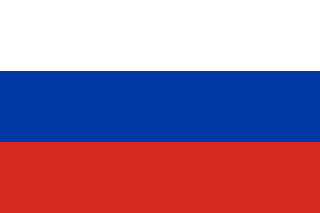
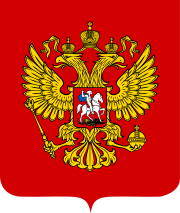
RUSSIAN FEDERATION
General information. Russia or the Russian Federation is a transcontinental state located in Eastern Europe and North Asia with an exclave in Central Europe (Kaliningrad Area).
Territory - 17 125 191 km².
The population is 146,745,098 people (as of 2020). The population density is 8.57 people / km² (as of 2020). Urban population – 74 %, rural – 26 % (as of 2018). According to the 2010 census, representatives of more than 200 nationalities live in Russia. Ethnic Russians make up about 81 % of the total population. Other large ethnic groups (over 1 million) are Tatars (3.9 %), Ukrainians (1.4 %), Bashkirs (1.1 %), Chuvashs (1 %), Chechens (1 %) and Armenians (0,9 %).
Official language is Russian.
Public holidays: January 1, 2, 3, 4, 5, 6, and 8 - New Year holidays; January 7 – Christmas (Orthodox); February 23 - Defender of the Fatherland Day; March 8 - International Women's Day; May 1 - Holiday of Spring and Labor; May 9 - Victory Day; June 12 - Russia Day; November 4 - National Unity Day.
The state-territorial structure is a federation of 85 subjects (constituent units).
The capital is Moscow (agglomeration of up to 16 million inhabitants). Other major cities are St. Petersburg (5.3 million), Novosibirsk (1.6 million), Yekaterinburg (1.4 million), Nizhny Novgorod (1.2 million), Kazan (1.2 million), Chelyabinsk (1,1 million), Omsk (1.1 million), Samara (1.1 million), Rostov-on-Don (1.1 million), Ufa (1.1 million), Krasnoyarsk (1 million), Perm (1 million).
Moscow

St. Petersburg
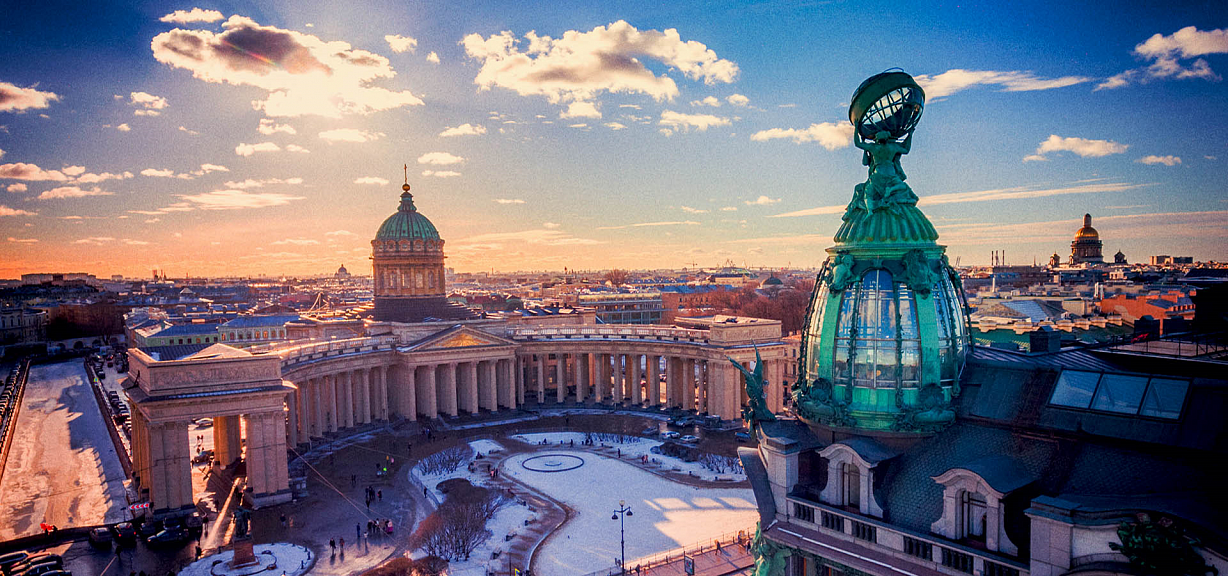
Kazan
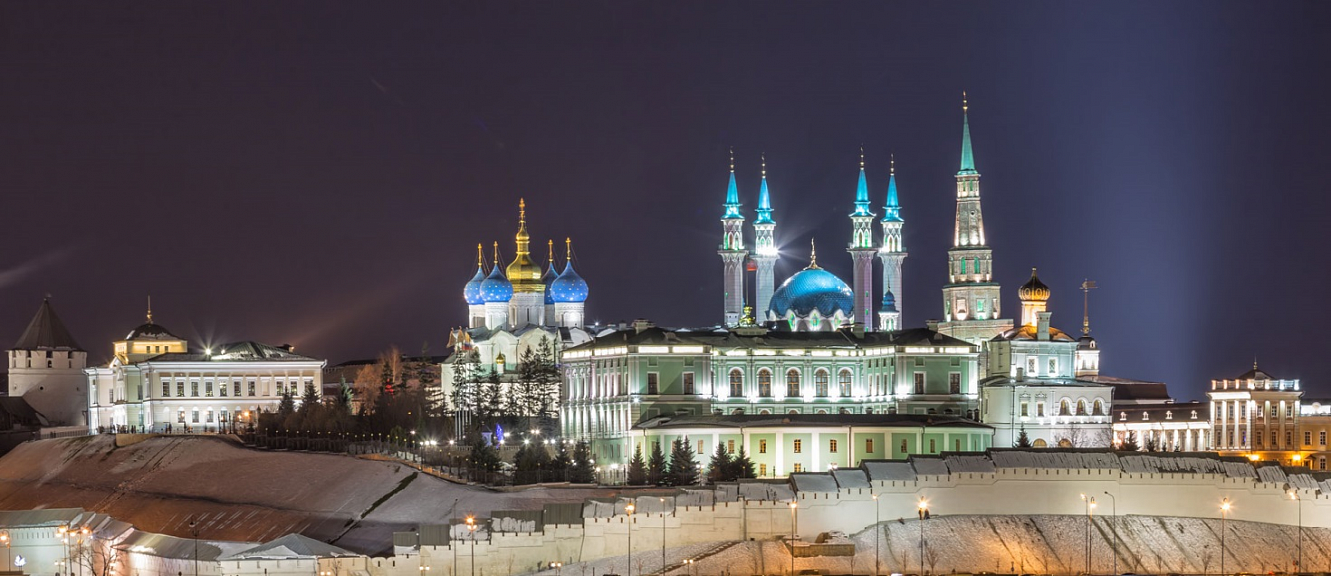
President
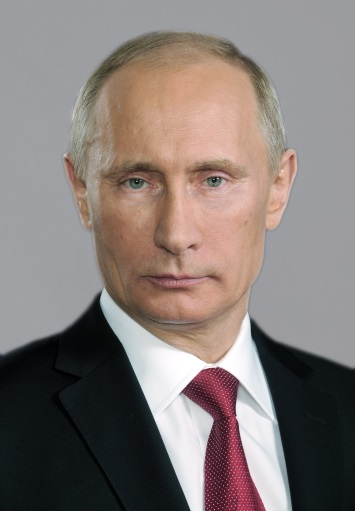
Political system. Russia is a presidential-parliamentary republic. The main law of the state is the Constitution adopted in 1993 (the last amendments were adopted in 2008).
The head of state is the President of the Russian Federation. The current term of office is 6 years. Incumbent President Vladimir Vladimirovich Putin has been in the office since 2012 (previously held this post in 2000-2008).
Government
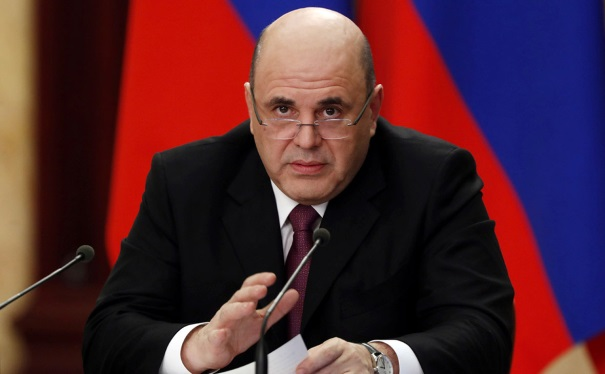
The highest executive body is the Government of the Russian Federation. It is accountable to the President and controlled by the lower house of parliament (State Duma). Mikhail Vladimirovich Mishustin holds the post of the Prime Minister of the Russian Federation since January 16, 2020. The Government consists of the Prime Minister, the First Deputy Prime Minister, 8 Deputy Prime Ministers and 21 federal ministers.
Legislature
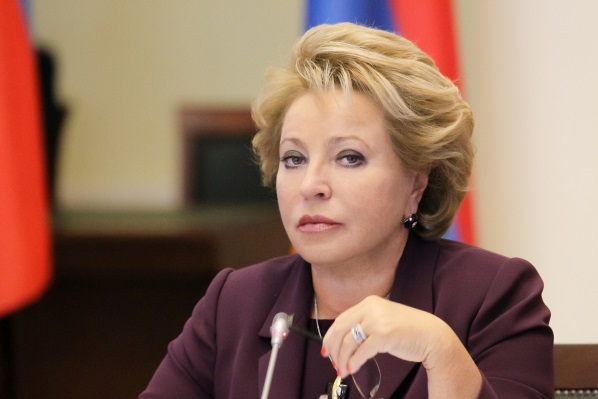
The highest representative and legislative body (Parliament) is the bicameral Federal Assembly of the Russian Federation. It is made up of the Federation Council (upper house) and the State Duma (lower house).
The Federation Council consists of two representatives from each subject (constituent entity) and representatives appointed by the president, whose number is not more than 10 % of the total number of members of the Federation Council. In total the Federation Council comprises 170 members (senators). The chairman of the upper house is Valentina Ivanovna Matvienko (since 2011).
The State Duma
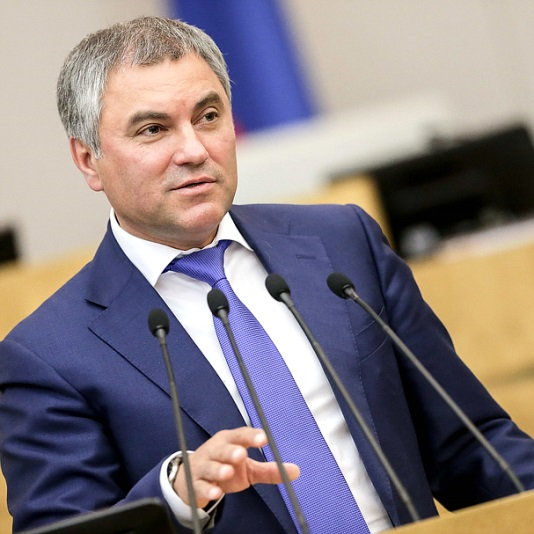
The State Duma comprises 450 deputies. The term of office is 5 years. The election system is mixed. 225 deputies are elected in single-mandate constituencies, the other half – in federal constituencies in proportion to the number of votes cast on federal lists of candidates. The chairman of the lower house is Vyacheslav Viktorovich Volodin (since 2016).
Judiciary is exercised by courts: the Constitutional Court, the courts of general jurisdiction headed by the Supreme Court and the arbitration courts, also headed by the Supreme Court. Some federal subjects of the Russian Federation also have constitutional (charter) courts. The judiciary of the federal subjects also includes the Magistrates' courts.
The political system functions within the framework of a multi-party system. As of the beginning of 2020, 63 political parties were officially registered in the country. 6 of them are represented in the Parliament: the United Russia Party (founded in 2001), the Communist Party of the Russian Federation (CPRF, in 1993), the Liberal Democratic Party of Russia (LDPR, in 1992), and the Just Russia Party "(in 2006), the Rodina Party (in 2004), the Civic Platform Party (in 2012).
As for the level of economic development, Russia has the 12th largest economy in the world by nominal GDP. The country ranks 6th in the world and 2nd in Europe in terms of GDP based on purchasing power parity (PPP). In 2018, it reached $ 4.2 million, while nominal GDP amounted to $ 1,657 billion.
Russia belongs to the group of countries with a very high level of human development. GDP per capita based on PPP is $ 26,926. According to this indicator, the country is among the 50 leading countries. The Russian contribution to the global economy in 2018 amounted to 3.12 %.
